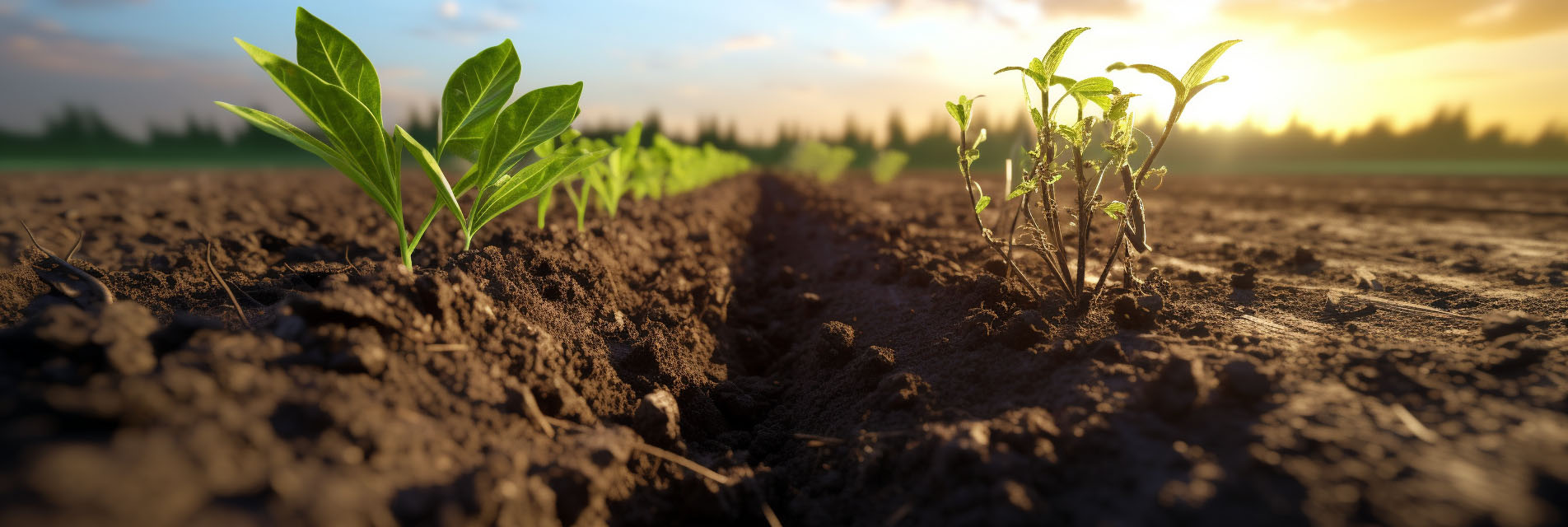

Using AI and modeling to create tools and systems for analyzing, monitoring, and improving agricultural soil health
The integration of artificial intelligence (AI) into agriculture holds significant promise for revolutionizing the sector and addressing global food challenges. AI can optimize various facets of farming by analyzing vast amounts of data to make precise predictions and informed decisions. For instance, machine learning models can predict disease outbreaks or pest invasions based on patterns in weather data and plant behavior, enabling early interventions. Precision agriculture, powered by AI, allows farmers to tailor watering, fertilizing, and pesticide applications to the specific needs of each crop patch, minimizing resource wastage and maximizing yield. Additionally, computer vision equipped drones can monitor crop health, growth patterns, and field conditions in real-time, facilitating timely interventions and reducing manual labor. As the global population continues to grow, AI's potential to enhance agricultural productivity, sustainability, and resource efficiency becomes an invaluable asset in ensuring food security and sustainable farming practices.
Announced October 5, 2023, Horizon Europe is funding a new project using AI to help farmers analyze soil health without laboratory tests. The goal is supporting the EU's 2030 transition to healthy soils, since 60-70% are currently unhealthy. The project will provide a soil health certification system and an app to help farmers improve practices.
The AI4SoilHealth project will create a digital platform leveraging AI to comprehensively assess soil health in Europe. Healthy soils capture carbon, boost yields and biodiversity. But current farming pressures soils, so we must understand practices that restore health as soils play a key role in climate change strategies.
Researchers from IIASA will contribute crop modeling expertise. They will provide pan-European predictions of future soil organic carbon dynamics in response to interventions. Their simulations will feed into a Soil Health Data Cube for stakeholders. IIASA says this is a chance to put crop knowledge into practice using advanced data modeling and AI.
Over 3 years, the 28 partners across 11 countries will collect farm data to build a model. They will educate on soil measurement and share stories from the community. The multi-layered approach includes methodology, field solutions, harmonization, pilots, and communication tools. The goal is an open digital infrastructure using AI and deep soil health understanding.
Webdesk AI News : AI Improves Soil Health, October 5, 2023